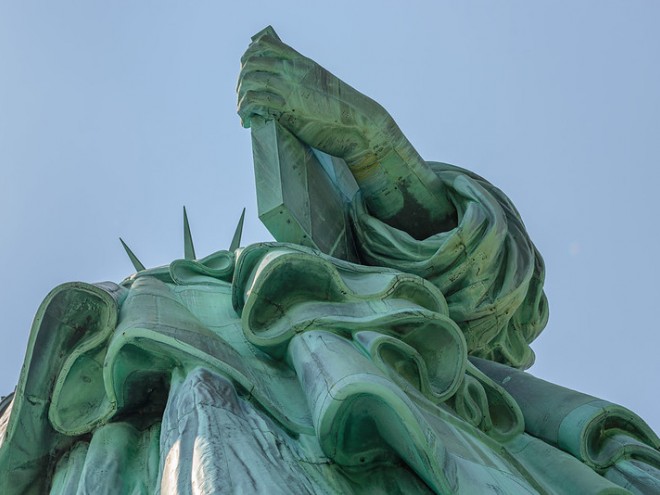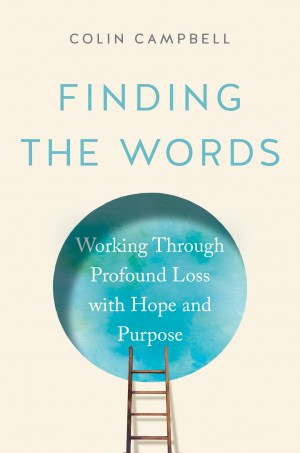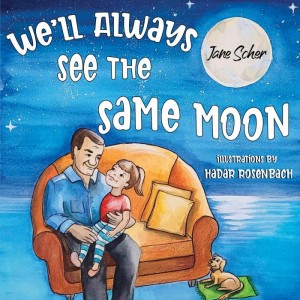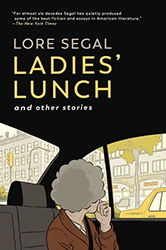Reading Kathryn Schulz’s new memoir Lost & Found, in which she describes her parallel journeys of grieving the death of her father and building a future with the love of her life, is like discovering a treasure trove. With exquisite writing, emotional complexity, and elegant wit, Schulz shares her story and celebrates the depths of her relationships. Throughout the book, Schulz remains centered on the particularity of her experiences, focusing on the possibilities — physical, emotional, and spiritual — that they have created in her life. Whereas the author’s relationships and experiences can only be her own, the book’s central message is universal: Holding things that are seemingly contradictory is hard. There is no magic bullet for coping with grief, and love still takes work and commitment despite it.
In addition to Schulz’s exceptional writing, the book benefits from its tight organization. Schulz limits the timeline to two-to-three years, keeping readers laser-focused on the moment, and underlining the tension between the intensity of her experiences and how she processes them over time.
The book’s three parts — “Lost,” “Found,” and “&” — all hold up independently of one another but work well together. It would certainly be possible and valuable to read them straight through, out of order, or completely separately.
Rather than a practical guide to love or grief, the memoir is a celebration of the language and ideas that make these experiences meaningful. With ongoing references to poetry, literature, and academic research, Schulz explores not “how to” have these experiences, but the different ways “to be” with them. Throughout the book, readers will note that Schulz acknowledges much of the privilege that allows her to live and think as she does, that even offers her a mostly happy ending. One can think about Schulz writing Lost & Found as an act of self-care, and she invites readers to share in this practice as well. Taking up the legacy of Joan Didion’s The Year of Magical Thinking and Gail Caldwell’s Let’s Take the Long Way Home, Schulz impresses on her readers the sanctity of recognizing the people who are most important to us, learning to hold onto them, and knowing how to let them go.






